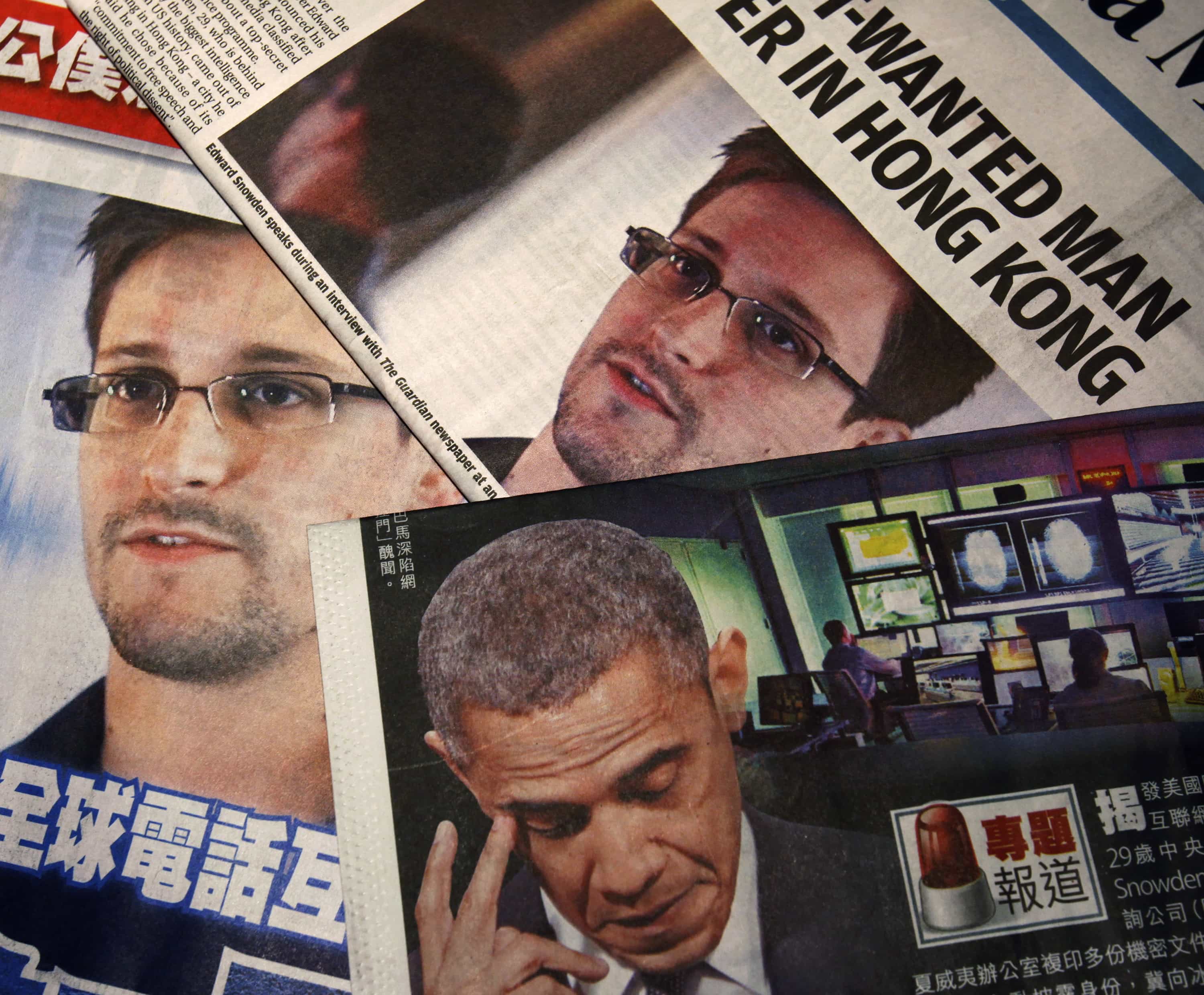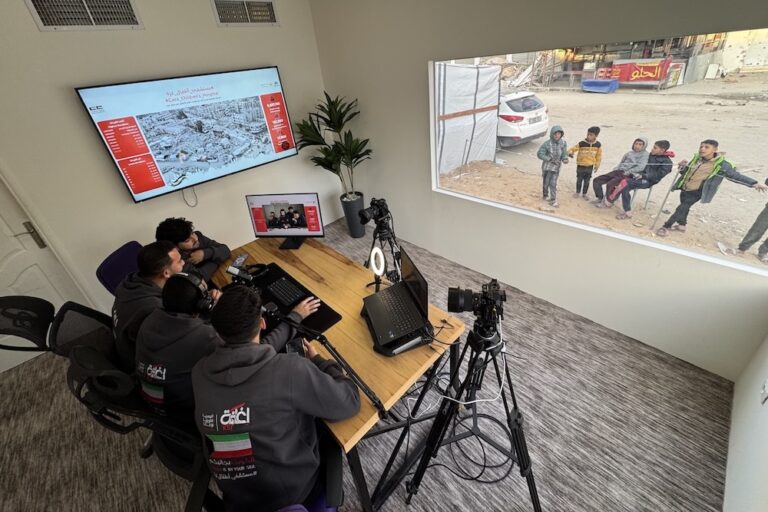A call for a UN mandate on privacy emerged from an expert seminar held in Geneva this week on "The Right to Privacy in the Digital Age".
In September 2013, at the 24th UN Human Rights Council meeting in Geneva, a number of states organised an event focusing on the protection of the right to privacy in the online realm. At the end of 2013, the United Nations General Assembly approved a key resolution on the right to privacy.
And this week, on 24 February 2014, at Palais des Nations in Geneva, an expert seminar on “The Right to Privacy in the Digital Age” examined the international human rights law framework of the right to privacy, and the extent to which domestic and extraterritorial surveillance may infringe on an individual’s right to privacy. It was organised by the Permanent Missions of Austria, Brazil, Germany, Liechtenstein, Mexico, Norway and Switzerland to the UN.
UN OHCHR Navi Pillay’s remarks on #privacy in digital age: http://t.co/Dc1vWS4QIK #UNprivacy #netfreedom video: https://t.co/nJdmD19sw0
— cynthia wong (@cynthiamw) February 26, 2014
Various IFEX members participated in the seminar during which there was a call for the creation of a UN rapporteur on privacy.
Why privacy, and why now?
The right to privacy is fundamental to who we are as human beings. Human rights activists’ lives may depend on this protection, but all citizens benefit from it. It permits us to freely speak, think and associate without restrictions imposed by those who might wish to silence or harm us. Private communication without the fear of government surveillance is an important part of almost all social change.
Laws safeguarding privacy are a feature of many legal systems, though protections have tended to lag behind technological change. Increasingly our political and economic life is conducted online, while at the same time governments and corporations have acquired impressive abilities to gather and search our digital records.
Privacy had received too little attention within the human rights community, argues Privacy International, but all that changed in June 2013. Revelations by Edward Snowden, former National Security Agency (NSA) contractor, confirmed that what many had feared was true: “Governments acting with scant attention to legal protections, are using invasive techniques to collect as much as they can, while compromising the systems that we all rely upon.”
As media references to the NSA, GCHQ and the Five Eyes alliance multiplied, calls for data protection increased. Concerns about mass surveillance were voiced and civil society coalitions were formed to counter it. In the words of Human Rights Watch, privacy became “the right whose time has come”. In “The State of Privacy 2014”, a report released this week to coincide with a UN seminar on privacy, Privacy International takes an in-depth look at recent accomplishments from around the world, and highlights significant challenges ahead for this right.
Calls for UN action
La Rue: privacy is such a distinct right that it would merit a new, unique special procedures mandate #UNprivacy
— Carly Nyst (@carlynyst) February 24, 2014
The call for the creation of a UN rapporteur on privacy came from Frank La Rue, the UN Special Rapporteur on the Promotion and Protection of the Right to Freedom of Opinion and Expression. Commenting on the importance of privacy for free expression during the seminar on “The Right to Privacy in the Digital Age”, La Rue said “Privacy and freedom of expression are not only linked, but are also facilitators of citizen participation, the right to free press, exercise of free opinion [ . . . ] and to be able to criticise public policies.”
The request for a privacy rapporteur was echoed in a letter to the UN High Commissioner by the Global Network Initiative (GNI), a group of ICT companies, civil society organisations, investors, and academics defending and promoting free expression and privacy online.
At the request of the UN General Assembly, the High Commissioner is expected to issue a report on the right to privacy. The report will be a “unique opportunity to ground the emerging global debate on these issues in a framework of international human rights law” said the GNI. In its letter, the group outlined a number of recommendations that should inform the High Commissioner’s report, and recommended that “the High Commissioner first develop a broadly inclusive process of consultation and engagement to inform the development of the report . . . we urge the High Commissioner to consult both with governments – particularly the intelligence and security agencies that conduct surveillance, as well as a wide array of non-governmental voices, including civil society and the private sector.”
In a press release addressed to UN Member States this week, the Electronic Frontier Foundation drew attention to the 13 International Principles for the Application of Human Rights to Communications Surveillance. More commonly known as the Necessary and Proportionate Principles, these were drafted by civil society organisations in response to the mass surveillance revelations. They can be used by people around the world to push for stronger local legal protections, as well as by UN Member States or any government willing to promote strong privacy safeguards.
Not just at the government level
Government action isn’t the only way to combat surveillance overreach, EFF pointed out. Communications companies — Internet and telecommunications alike — can help by securing their networks and limiting the information they collect. “Working together, legal efforts like the Necessary and Proportionate Principles serving as a basis for international and national reforms, plus technical efforts like deploying encryption and limiting information collected, can serve as a foundation for a new era of private and secure digital communications”.
As Privacy International noted, “this is a pivotal moment for the right to privacy across the globe, and we must continue to educate citizens and policy-makers about the need to fortify legal protections, develop regulatory frameworks, and eradicate practices that unlawfully and disproportionately threaten privacy.”
“For two centuries citizens, societies, civilizations have struggled to establish binding declarations of rights, bills of rights, and charters of rights. In a single decade governments around the world have now broken these rules – broken the law – through the unbridled use of new technology.”
John Ralston Saul, President of PEN International



